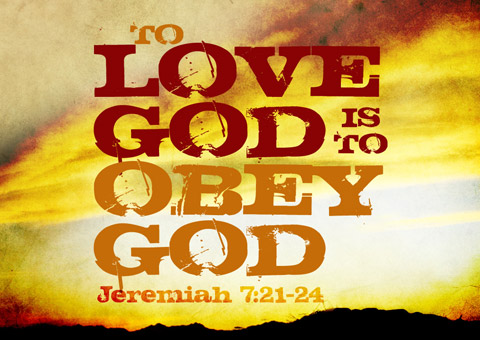Perhaps no one has done more to narrow the gap between progressive evangelicalism and mainstream evangelicalism than Tim Keller. Keller grew up in a mainline Lutheran church. As a teenager, during confirmation class, a young Lutheran cleric and social activist introduced him to a Christian version of social liberation grounded in a “spirit of love.” However, the Kellers soon started attending a conservative Methodist church which helped reinforce their son’s more traditional conception of God and the reality of hell.[1] What he could not harmonize as a teenager—the ethics of the New Left and orthodox Christianity—he started learning to reconcile in college.
While attending Bucknell University, in his home state of Pennsylvania, Keller learned the “reigning ideologies of the time” from radical professors, including the “neo-Marxist critical theory of the Frankfurt School.”[2] He was attracted to this “critique of American bourgeoisie society,” as well as social activism. Keller described himself and fellow students as wanting to “change the world” by rejecting things like “the military-industrial complex” and “a society of inequities and materialism.” Instead, they promoted “peace and understanding,” attended peace and civil rights marches, and shut down the college to debate the morality of the Cambodian invasion in 1970.[3] Though things like segregation and “systemic violence . . . against blacks” bothered Keller before college, they became an occasion for him to doubt Christianity itself after his arrival.[4]

